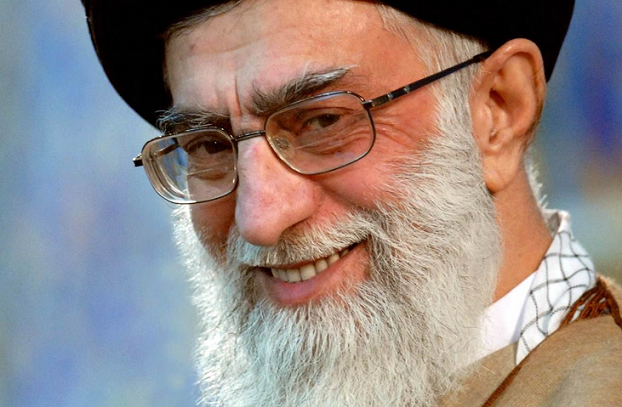Iran refuses to allow U.N. access to nuclear personnel – Gee, I wonder why?
 Undermining one of President Obama’s primary arguments for the nuclear deal with Iran, the head of the United Nations’ nuclear watchdog agency said Iran has refused to allow U.N. inspectors to interview scientists and military officers to investigate accusations that Tehran operated a covert nuclear weapons program.
Undermining one of President Obama’s primary arguments for the nuclear deal with Iran, the head of the United Nations’ nuclear watchdog agency said Iran has refused to allow U.N. inspectors to interview scientists and military officers to investigate accusations that Tehran operated a covert nuclear weapons program.
Yukiya Amano, director general of the International Atomic Energy Agency, told The Wall Street Journal that Iran has refused for five years to allow to interview Mohsen Fakhrizadeh-Mahabadi, an Iranian military officer suspected of overseeing weapons development in Tehran until 2003. Mr. Amano said he believes the IAEA can complete its probe without access to Mr. Fakhrizadeh and other Iranian personnel.
“We don’t know yet,” Mr. Amano told the newspaper about the agency’s interview requests. “If someone who has a different name to Fakhrizadeh can clarify our issues, that is fine with us.”
The IAEA’s investigation of Iran’s suspected nuclear program at military sites is expected to be completed in December under terms of the nuclear accord reached by the U.S. and other world powers with Iran on July 14. That deal has a provision to lift sanctions against Tehran in return for curbing the Iranian nuclear program.
In a speech Wednesday, Mr. Obama said Congress and the public should support the deal in part because U.N. inspections will be thorough and permanent, whether or not Iran intends to cooperate.
“The bottom line is, if Iran cheats, we can catch them — and we will,” Mr. Obama said.
Congress will vote in September on resolutions to disapprove the nuclear deal.
Mr. Amano briefed lawmakers Wednesday in Washington in an effort to convince Congress that the IAEA will enforce the agreement and get to the bottom of Iran’s past military-nuclear activities. But many lawmakers left the closed-door briefing expressing concerns that Mr. Amano wouldn’t disclose the IAEA’s classified separate agreements with Tehran on Iran’s military sites and other aspects of its program.
“I would say most members left with greater concerns about the inspection regime than we came in with,” Senate Foreign Relations Committee Chairman Bob Corker, Tennessee Republican, told reporters. “It was not a reassuring meeting.”
Lawmakers have called on the Obama administration to make public the “secret side deals” between the IAEA and Iran.
Mr. Amano said it was his “legal obligation” to protect confidential information to ensure his agency’s independence.
“Imagine if a country provides me with confidential information and I do not honor that commitment,” Mr. Amano told reporters after the meeting. “No country will share information with me.”
http://www.washingtontimes.com/news/2015/aug/6/iran-blocking-access-nuclear-personnel-un-says/

get fit supplements
References:
hipstrumentals.net
how much are steroids on the street
References:
http://www.controlleriot.cn/